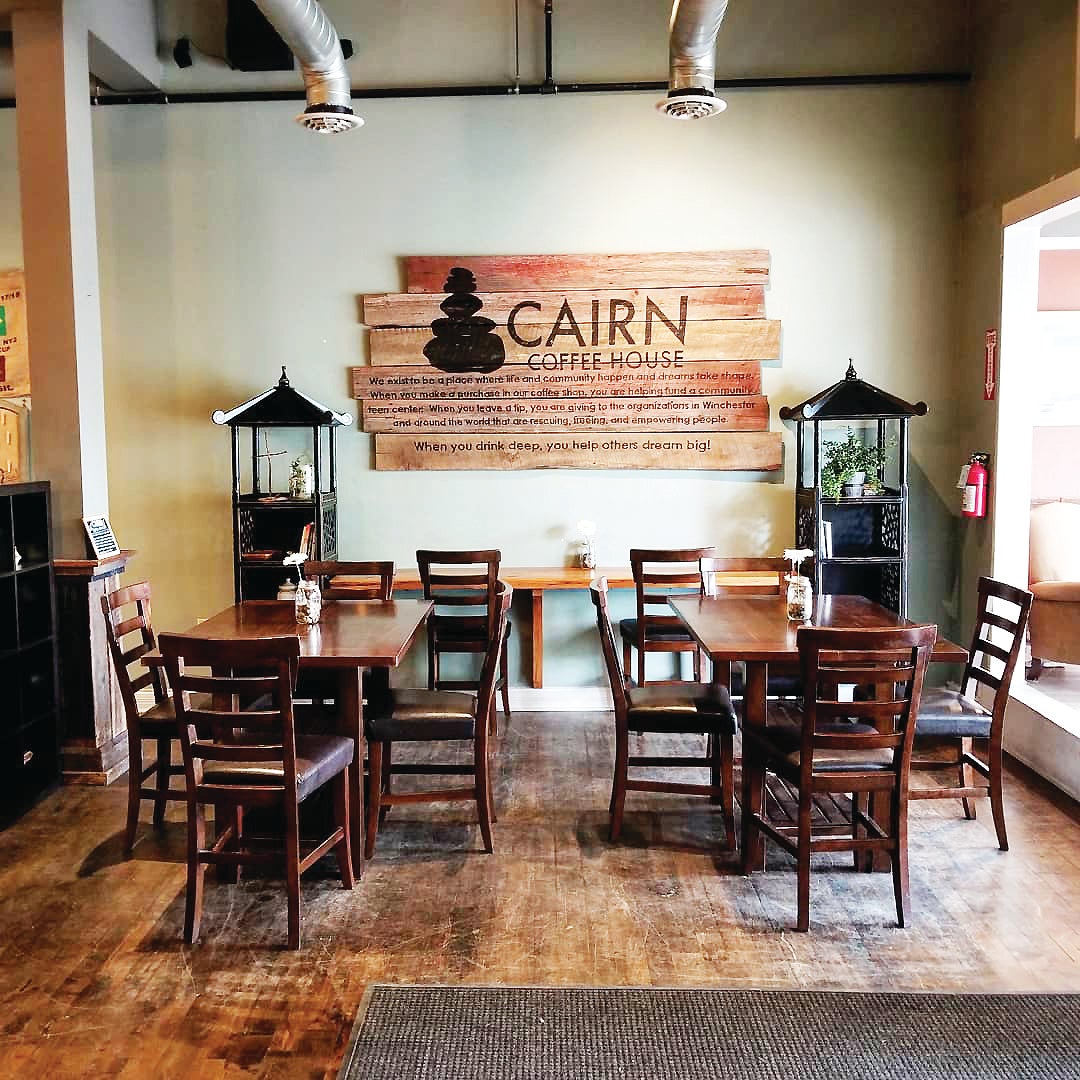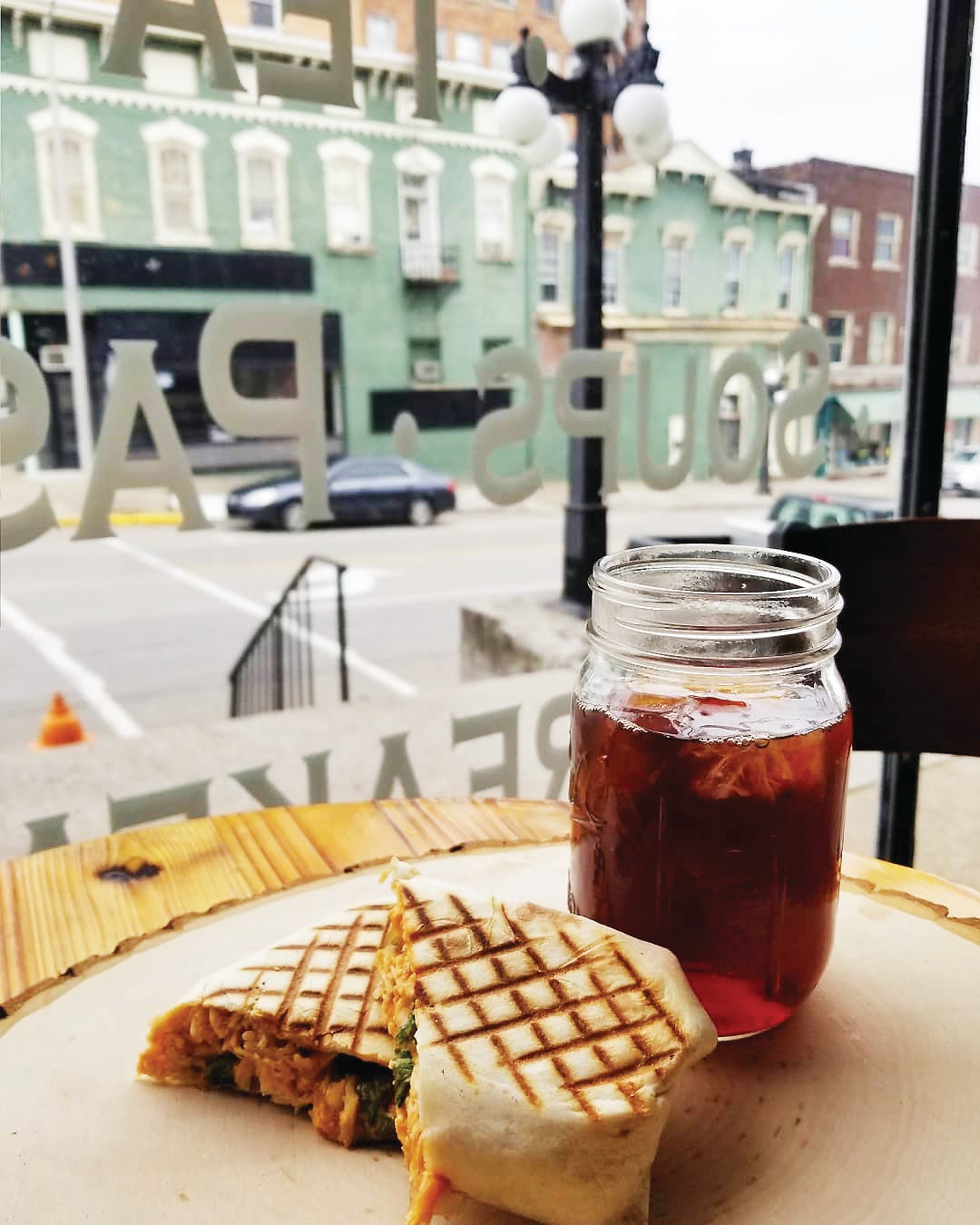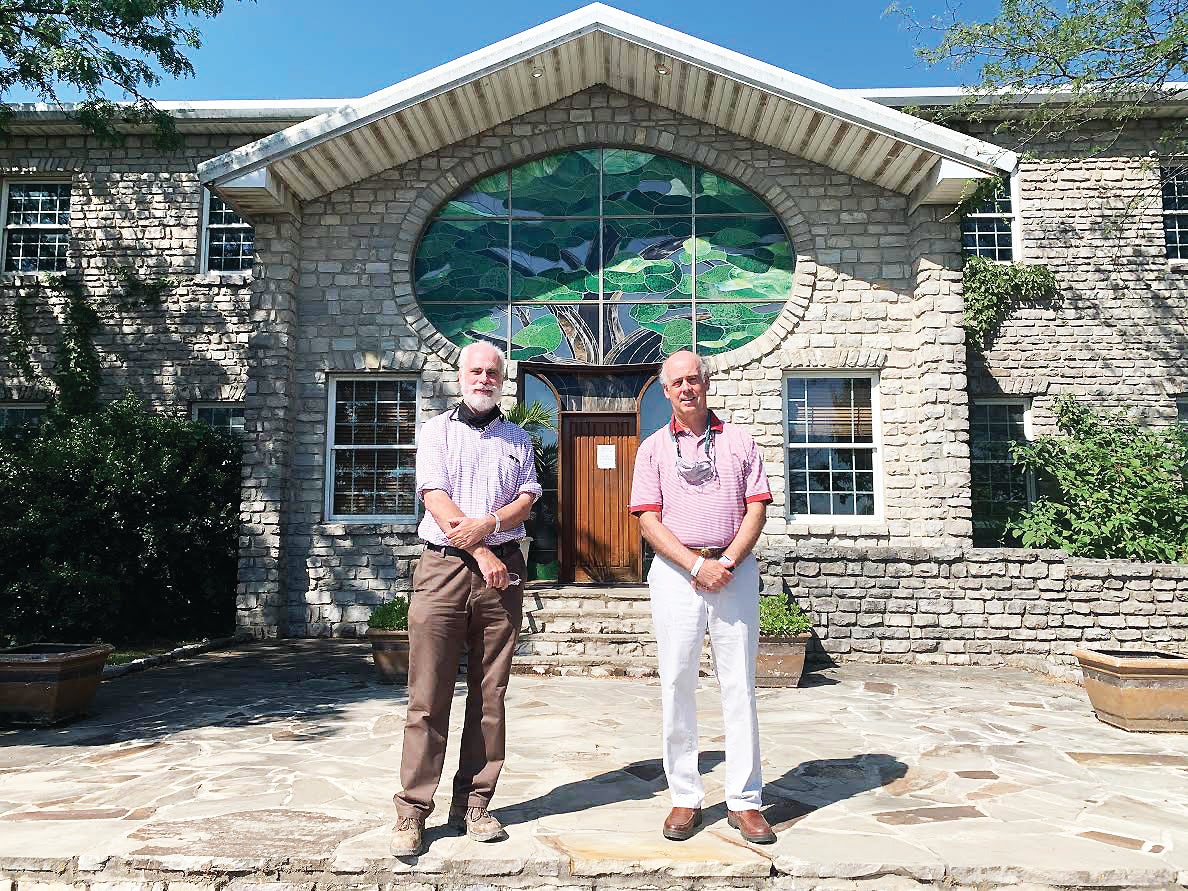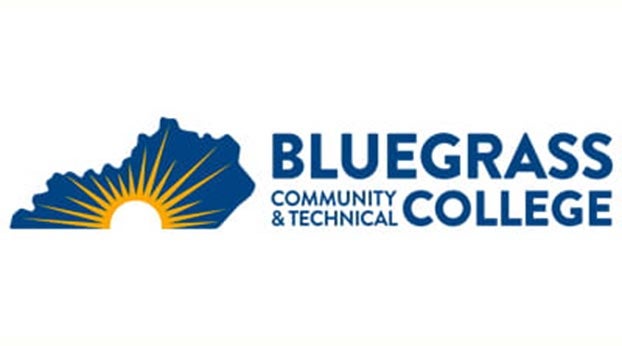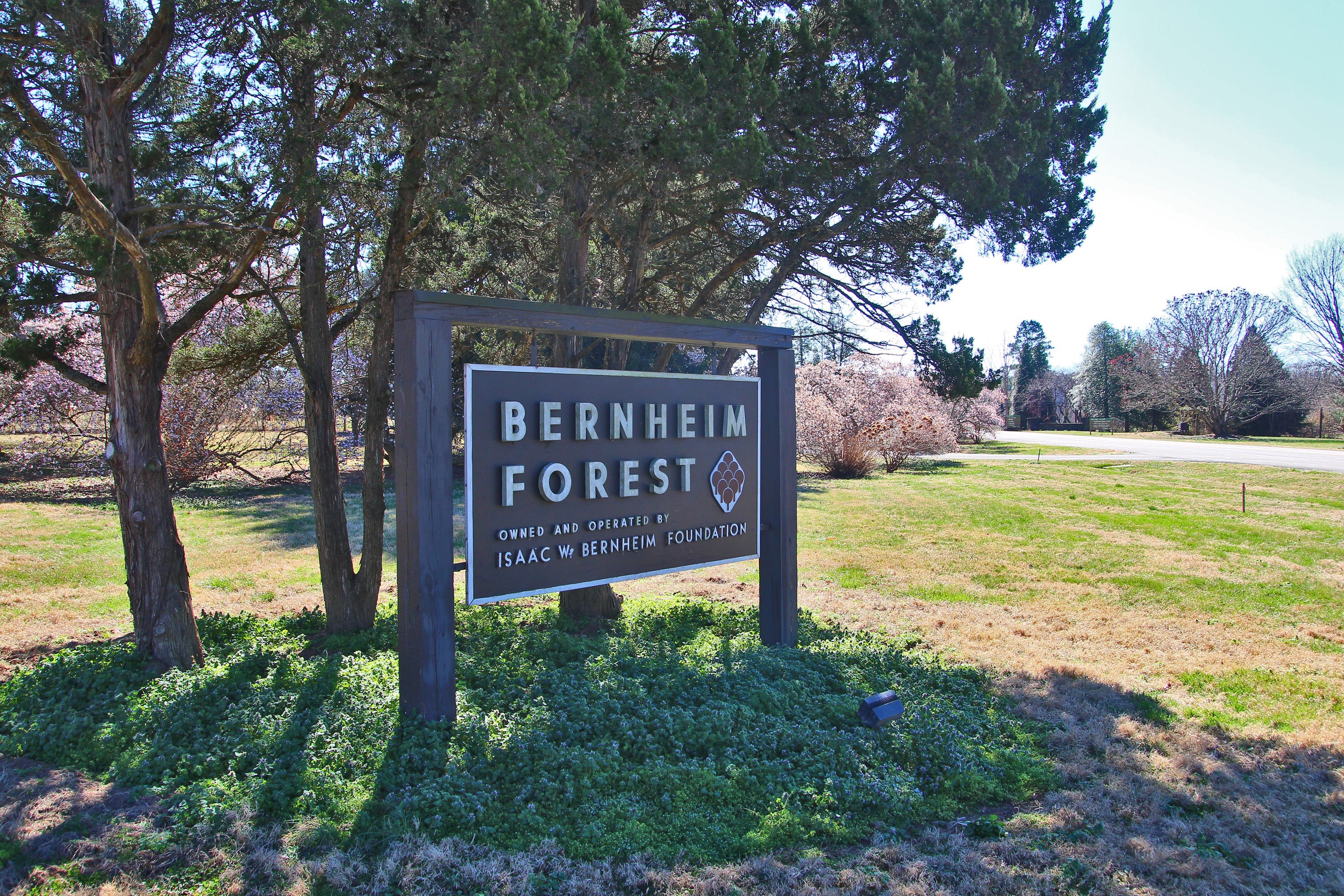Payroll protection loans benefit local businesses
Published 1:30 am Tuesday, July 28, 2020
|
Getting your Trinity Audio player ready...
|
Cairn Coffee House and The Freeman Corporation are home-grown Winchester businesses owned and operated by people whose families have been here for generations.
Beyond that, there are few similarities. One thing they do have in common, though, is that they have benefited from the Small Business Administration’s payroll protection loans.
The Cairn, a coffee shop, bakery and deli, opened on Main Street in 2012 as a mission front for a local church, and John Dixon, a young entrepreneur, bought it and began running it in 2018 with Rocco’s Coffee Roastery. It has a only two part-time employees.
The Freeman Corporation is almost a century older and has more than 200 employees. George Tomlinson started the company in 1914 as a sawmill and manufacturer of hardwood lumber, tobacco hogsheads (storage barrels) and tables. Today, his great-grandsons operate it as a major manufacturer of wood veneer for flooring, doors and cabinets for customers around the world.
An interactive map published by The Washington Post based on data provided by the SBA shows that between 40 and 50 local businesses in Clark County got loans of $150,000 to $2 million. A few examples of businesses that got loans of at least $150,000 are Palmer Engineering, Boonesboro Animal Clinic, Don Señor Mexican restaurant, Univance, Stanley Pipeline, The Freeman Corporation, Codell Construction Company, Rimar Electric, Kentucky Petroleum Supply, Rod Hatfield automobile dealer and Bluegrass Metal Recyclers, among many others.
The Cairn’s loan of $5,500 from People’s Exchange Bank is too small to be included on the interactive map, but it’s a big deal to its owner.
“It’s the only reason that I think we’re still open right now,” he said.
In March, the courthouse and many businesses downtown closed because of the coronavirus, so the Cairn lost its customer base.
“We had an 80 percent drop in sales. Twenty percent is bad. That’s eating into profits. But 80 percent is hemorrhaging money for anybody,” Dixon said.
With the PPP loan, though, Dixon said, he has been able to reopen the restaurant, pay his employees and pay as many of his bills as he can, when he can.
He mentioned that his father got a PPP loan for his law office, and his aunt and grandfather got loans.
“It’s extremely beneficial,” he said.
Dixon is encouraged to hear that Congress may include more aid for small businesses as part of another relief package.
“That would be a blessing, both to my business and I’m sure every other small business around,” he said.
George Freeman, chief executive officer of The Freeman Corporation, who owns and runs the company with his brother, Reid, said the loan they received of more than $1 million made a big difference.
“We were shut down for three or four weeks, and we kept all of our employees on full pay without laying anybody off,” he said.
The company had between 200 and 220 employees when it temporarily suspended work, and now it is running at a reduced level with higher costs because of the necessity of having to do things differently, such as spacing out production and reassigning workers.
Freeman said he has openings, but has a hard time filling them because of the extra $600 a week many jobless workers have been getting in addition to their regular unemployment checks.
He said his company could have survived the past four months without the money, but it enabled them to “continue to operate without the fear of what happens when you lose money for an extended period of time.”
If the slowdown goes on for months and months because of the spread of the coronavirus, he said, the federal assistance becomes even more valuable.
“There’s a massive amount of uncertainty,” he said.
Freeman said that unfortunately, it’s been harder for smaller companies to get PPP loans, but his sister, Laura, who owns Laura’s Lean Beef and is co-owner of Wildcat Willy’s, was able to get assistance.


